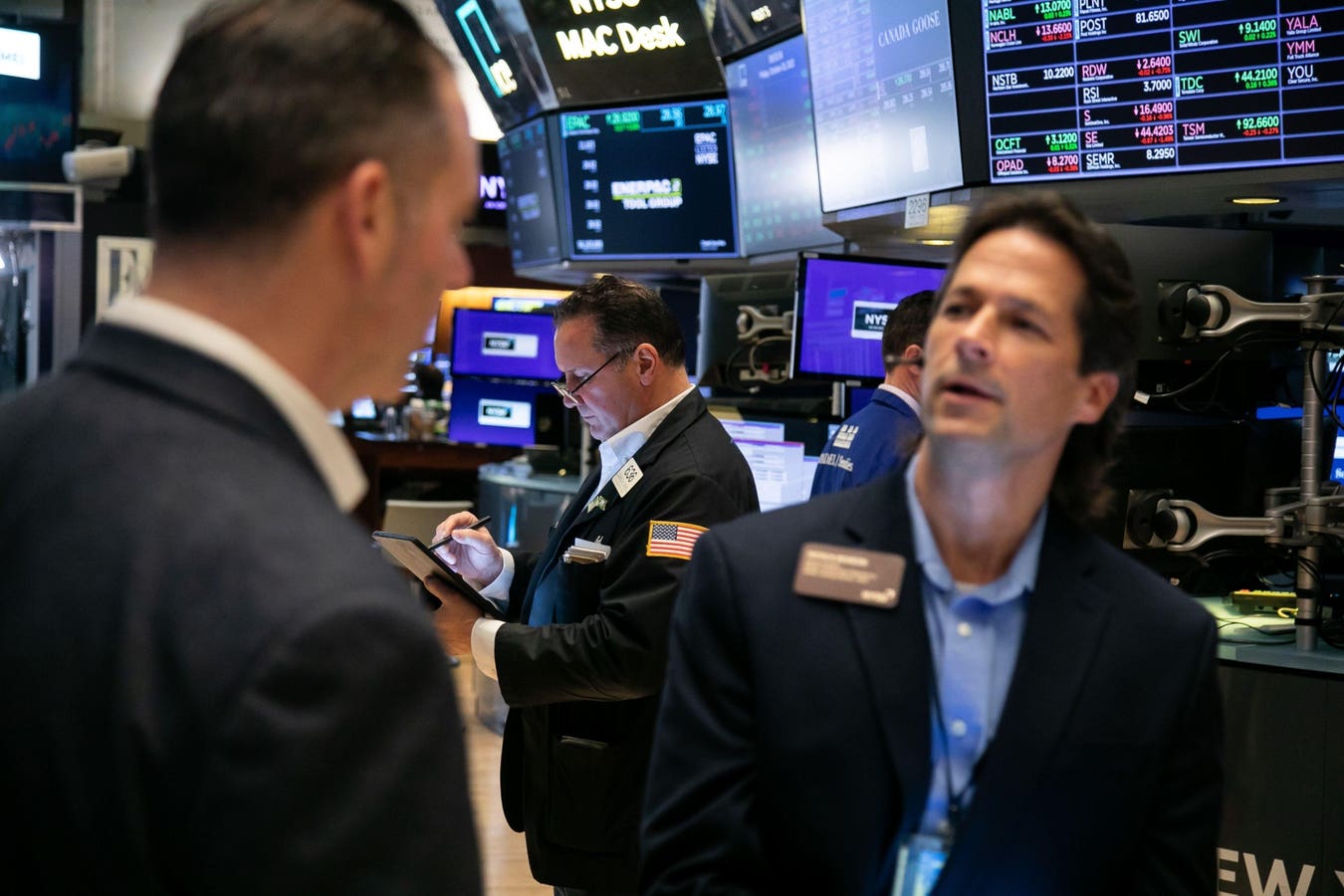The advance estimate of Q3 Gross Domestic Product growth for the U.S. economy will be announced at 8.30am E.T. on October 26. Nowcasts from the Atlanta Federal Reserve’s GDPNow suggest that annualized real GDP growth could come it an over 5% and professional economists see growth topping 3% after a trend of upward revisions in recent weeks. If even 3% forecasts hold, that would still be an impressive rate of growth for the U.S. economy compared to recent quarters.
The October 26 GDP number will be the first of three progressively more accurate estimates for Q3 GDP Growth from the Bureau of Economic Analysis with revised estimated coming on November 29 and December 21. Subsequent revisions can adjust the advance estimate of GDP growth by half a percent up or down, on average.
Accelerating Growth
If estimates hold, then Q3 will mark a step-up in real annual GDP growth compared to growth of over 2% for the prior four quarters. Prior to that, the first half of 2022 did see GDP decline.
If robust Q3 growth does hold, the Atlanta Fed’s Nowcast suggest that it will be underpinned by strong growth in consumer spending, rebounding from relatively soft Q2 growth. Significant contributions may also come from net exports, which can be volatile quarter to quarter, as well as reasonable growth in private inventories.
The Fed’s Reaction
Given that robust Q3 growth is broadly expected, Q3 GDP numbers are unlikely to alter the perspective of the Fed or markets significantly. It is highly likely interest rates are held steady at the Fed’s upcoming November 1 decision on short-term rates. Though another rate increase subsequently has not been ruled out by policymakers.
The Fed’s primary goal, for now, is cooling inflation. As such, if growth runs too hot that may actually be a concern for the Fed. That’s because fast growth, as a signal of strong demand, may ultimately puts upward pressure on prices.
The Fed is actually looking for economic growth to cool somewhat, otherwise they may elect to raise interest rates again over the coming months in order to help bring inflation closer to their 2% goal. However, the Fed is also hoping for a “soft landing” for the U.S. economy and, in that sense, sustained growth is welcome.
The main question for markets now is what growth looks like into 2024. The inverted yield curve suggests that a 2024 recession is likely. That said, so far, current economic data such as employment has continued to hold up better than many expected. That’s especially true after strong jobs data for September. That offset apparent jobs weakness over July and August.
Other Concerns
Despite probable good news on growth, the markets continue to watch events in the Middle East closely, which have continued to put upward pressure on energy prices over recent weeks. That’s against a backdrop of generally rising oil prices since June.
In addition, political concerns in Washington may weigh as the process for electing a Speaker of the House continues. Another government shutdown deadline approaches in mid-November, though as previously, a bipartisan solution may be found.
Still, the major question is how the economy will perform into 2024. For now the sharp increase in interest rates hasn’t led to the slowdown in economic growth that’s occurred during many past interest rate cycles.
It remains to be seen if this time will be different or if we’ll see more of an impact on growth in 2024. There is a further risk now as longer term interest rates have risen relatively consistently since May 2023, reinforcing and extending the Fed’s moves in raising shorter term rates.
Read the full article here


